
Enhancing Food Safety and Traceability with GS1 Standards
In a recent episode of Future Foodcast, our guest speaker Lucelena Angarita, Director of Supply Chain Visibility from GS1 US shared invaluable insights on the transformative role of GS1 standards in the food industry.

Your Plate, Perfectly Personalized: A Delicious Future of Food Science
Remember the days of one-size-fits-all diet plans and bland, restrictive meals? Thankfully, those days are fading in the rearview mirror as personalized nutrition takes center stage in the culinary landscape.

The Future of Agriculture: Innovations in Sustainable Food Supply Chains
Welcome to the Future Food Cast, where we explore the exciting advancements in the food industry. In this episode, our host, Pam Leinmiller, interviews Vishal Vijay, the Director of Strategic Investments at Agrocorp International, a leading company in sustainable food supply chains. This blog will delve into the innovative work happening at Agrocorp International and its efforts to meet the nutritional needs of populations around the world.
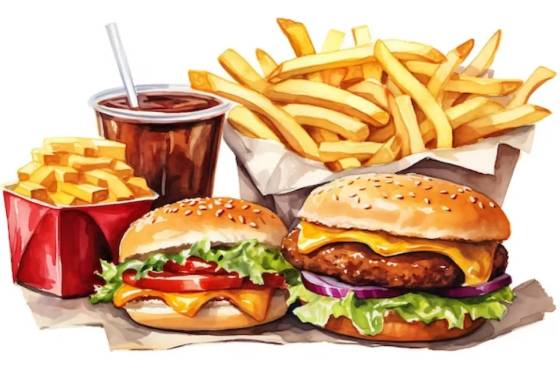
The Hidden Factors That Make Fast Food So Cheap
Fast food is known for its quick, convenient, and affordable nature. However, the factors that contribute to its low cost are often overlooked. Understanding these factors can provide insights into the future of food and its impact on our society. Fast-food restaurants employ efficient cooking methods to produce food quickly and consistently. They utilize pre-cooked ingredients, standardized recipes, and specialized cooking equipment like deep fryers and conveyor belt ovens.
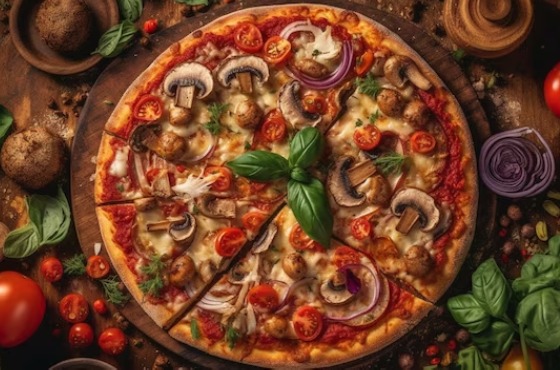
The Future of Frozen Pizza: New Trends and Innovations
In recent years, frozen pizza has undergone a remarkable transformation. Once associated with mediocre taste and questionable ingredients, frozen pizza has now emerged as a trendy and convenient option for food enthusiasts. With innovations in culinary technology and shifting consumer preferences, the future of frozen pizza looks promising.
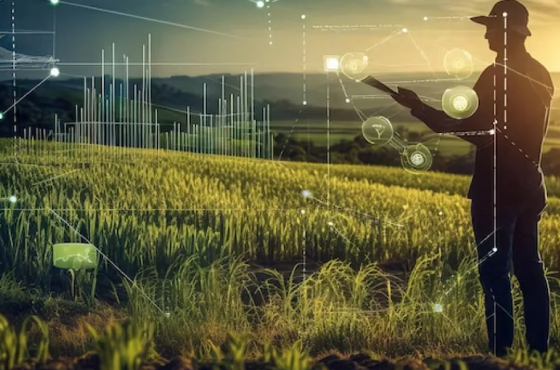
Connecting Farmers for Sustainable Future: The Power of Agricultural Networks
In today’s rapidly changing world, the agricultural industry faces numerous challenges, from climate change and resource scarcity to the need for sustainable practices. To address these issues and build a more sustainable future for farming, innovative solutions are required.

Revolutionary Bites: Transforming Food Waste into Health and Sustainability
In an era where food waste looms as an ever-growing concern and the quest for sustainable nourishment takes center stage, a beacon of innovation emerges. The latest episode of the Future Food Cast invites listeners to journey through a tale of visionary brilliance and culinary transformation.
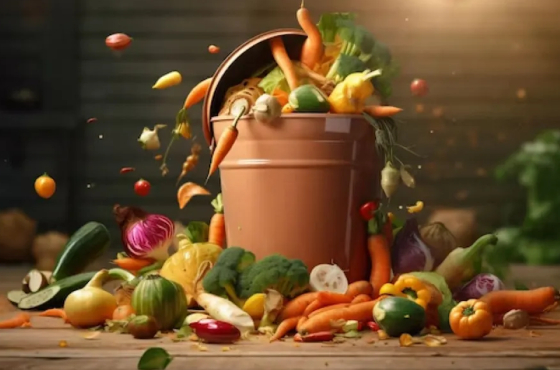
Reducing Food Waste in the Food Industry: Driving Change through Circular Economy Practices
Food waste is a pressing global issue, with staggering amounts of edible food being discarded at every stage of the food industry. However, amidst this challenge, there are organizations that have taken up the mantle to combat food waste and create a more #sustainable future.
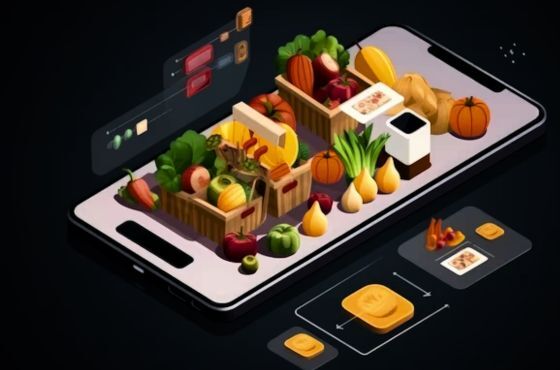
Redefining the Food Chain: The Power of Online Platforms in Food & Beverage
The food and beverage industry is one of the largest and most complex industries in the world. It involves a wide range of players, from farmers and food processors to wholesalers, retailers, and restaurants. The supply chain in this industry is long and complicated, with multiple intermediaries involved in the process.
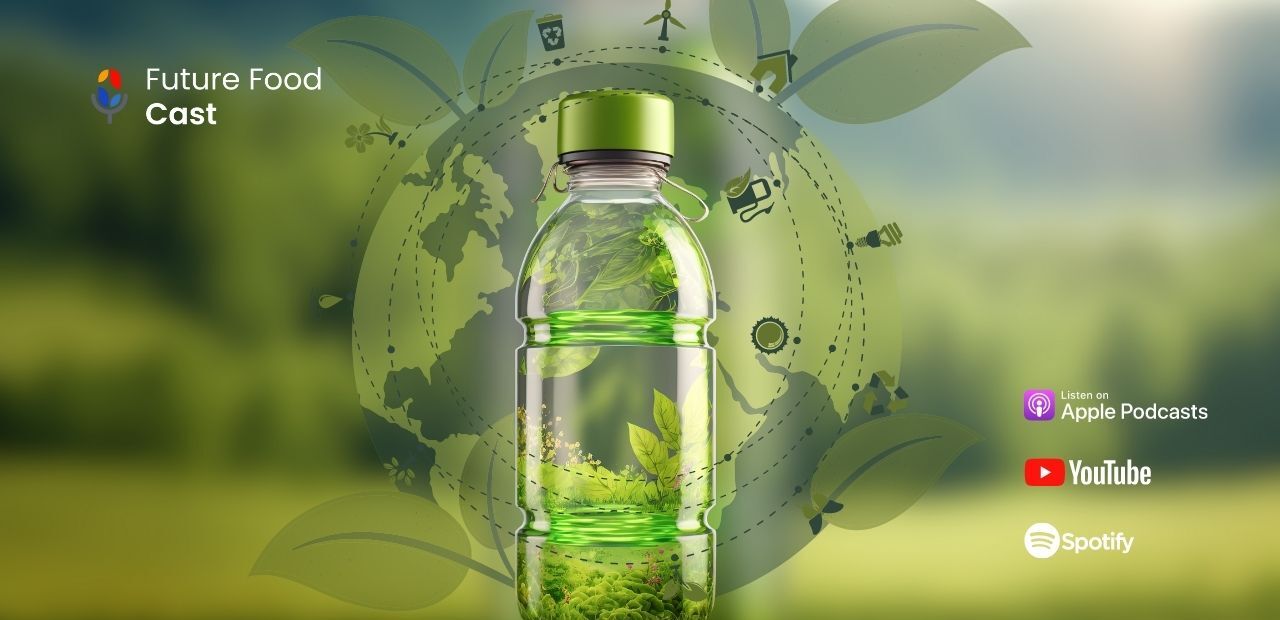
Revolutionizing the Beverage Industry with Microdrinks and Sustainability
waterdrop® is a revolutionary company that is changing the game when it comes to hydration. In a recent episode of our podcast, featured Águeda Trujillo, Head of Marketing US, who shared some fascinating insights about the company's innovative approach to product development, marketing strategy, and commitment to sustainability.

Sustainable Nutrition-Adriano Torres on the importance of nutrition in the Plant-Beverage Sector?
The sustainability of the ingredients, and sustainable farming, it’s very important for us, especially on a plant-based when you have to deal with different ingredients, around the world.

Industry 4.0 Smart Labels
For many years, barcodes conveyed a series of numbers and letters to a display to be represented. However, smart labeling has transformed this one-dimensional approach, introducing labeling into the twenty-first century. It is critical since several studies suggest that labels significantly influence customer behaviors. Transparency is more crucial than ever in supply chains, and we all must be prepared for the future. It is not wrong to say it is a way of doing business with integrity. Industry 4.0 technology can help with product transparency and speed up critical supply chain operations.

Food Allergy & Contamination-Lisa Gable on How the future of food does have a significant impact on individuals with Food Allergies?
“Food allergies are a disease that’s risen since 1998. You didn’t really hear much about it before. And not only did it start to rise in 1998, but children were developing multiple food allergies. And so we currently have 85 million Americans avoiding buying the same top nine proteins due to life-threatening food allergies, food intolerances, or because they live with people who do”- Lisa Gable, CEO, FARE
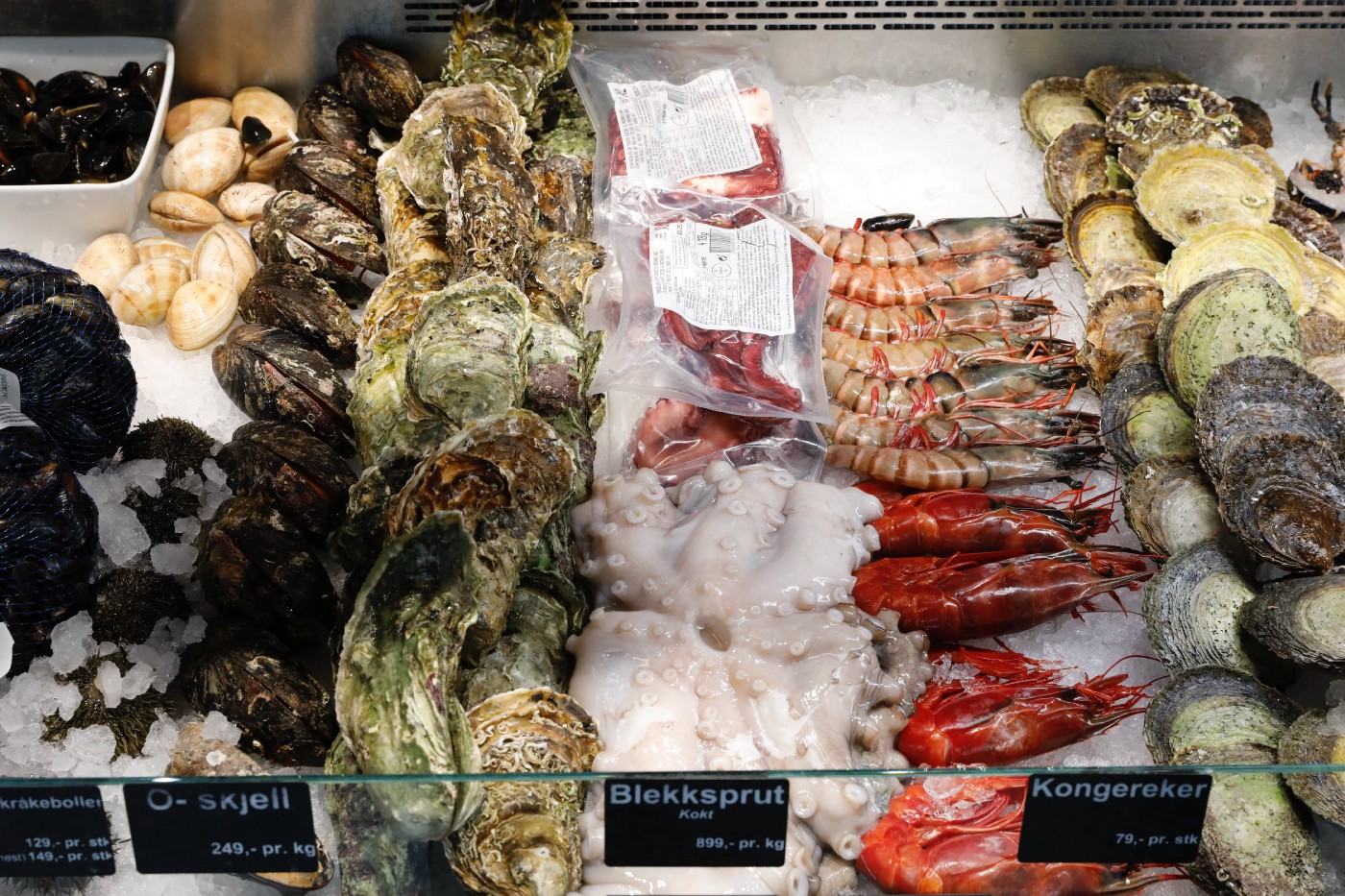
Blockchain technology transforming the Seafood Supply Chain
The world is moving towards sustainability; one of the primary protein sources, such as seafood, can increase market share, open up new options, increase collaboration, and achieve transparency and traceability for social and environmental sustainability.

Where My Food Comes From
In this era of health-consciousness, people are keen to know where their food comes from. Here is an increased demand for fresh, healthy, and safe food. The food we eat provides us with energy and essential nutrients needed to maintain our immune systems, but food adulterants, which


